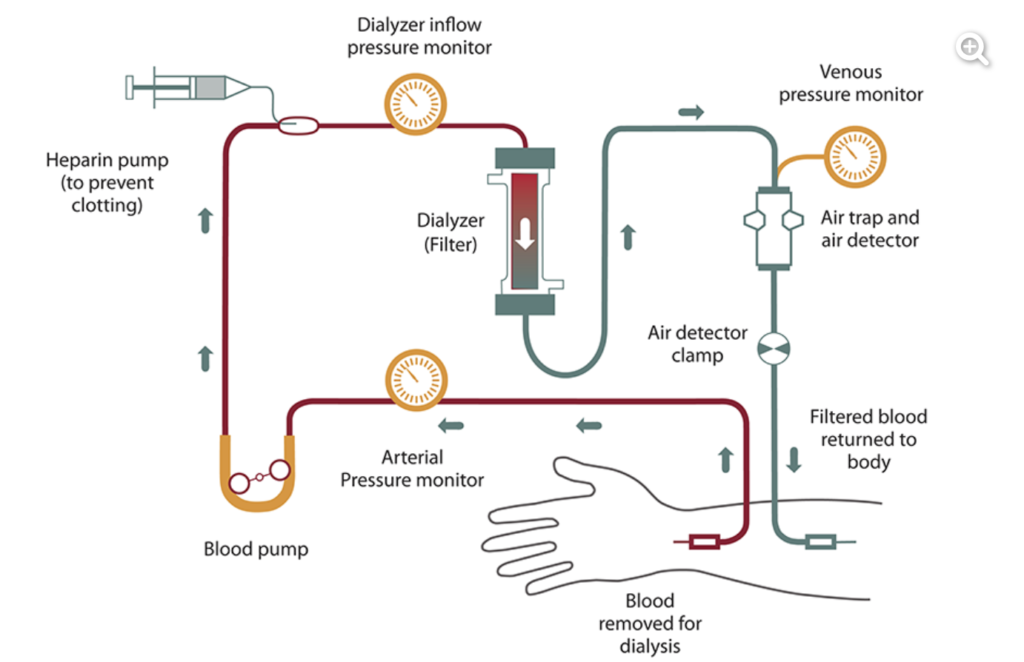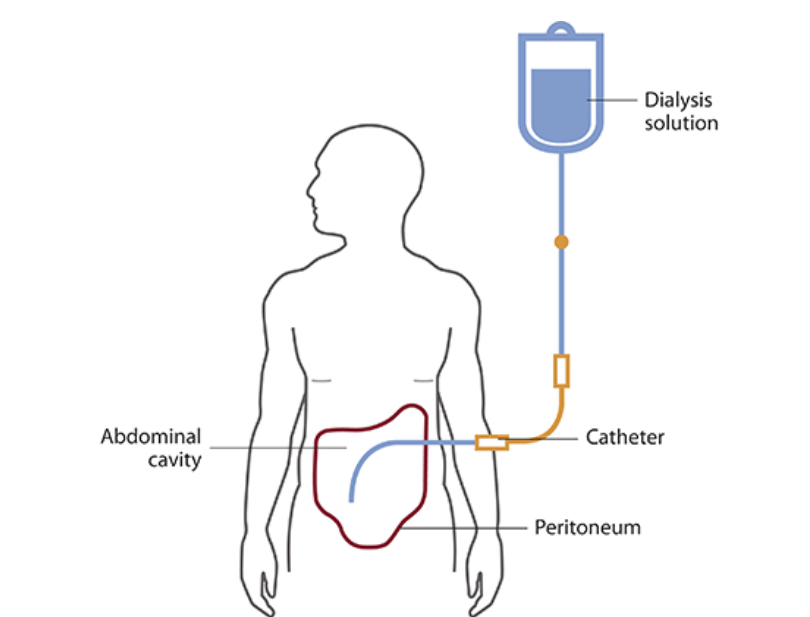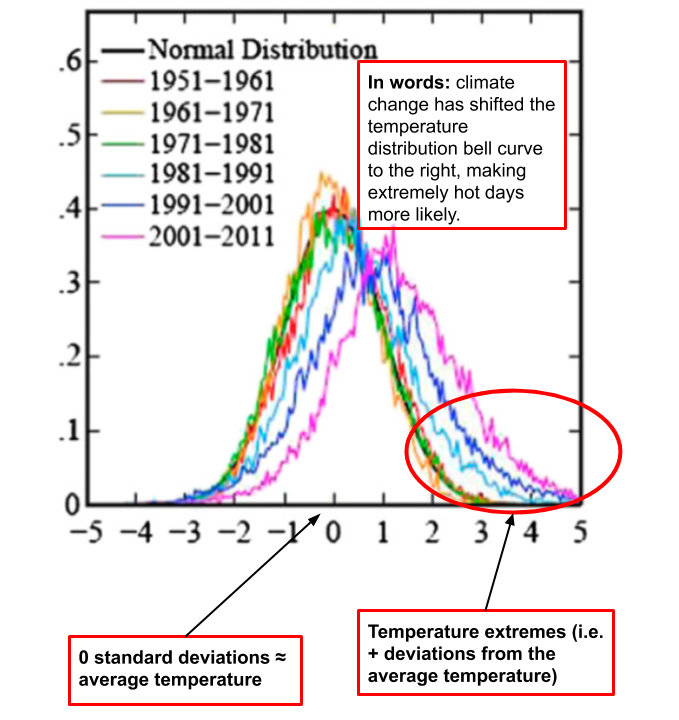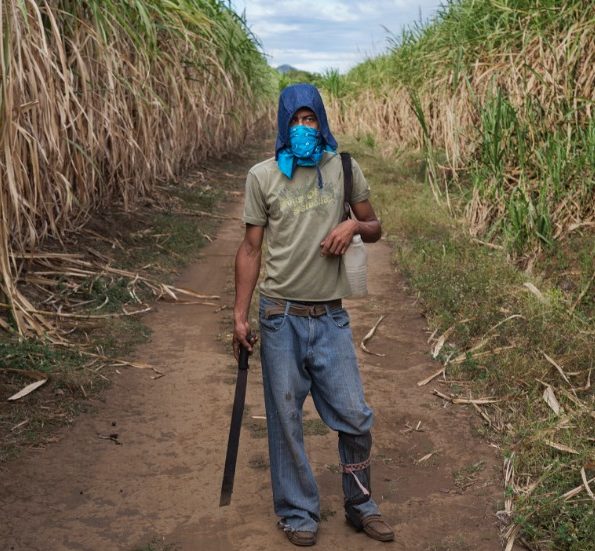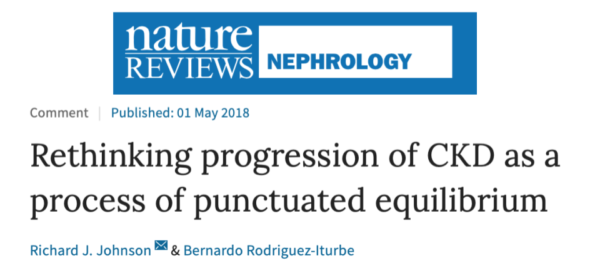The podcast of the University of Colorado Consortium for Climate Change and Health
Episode 7: Climate Change and Kidney Disease
Jake and Cam interview Dr. Rick Johnson, and learn about how climate change is altering the face of kidney disease around the world.
Biography:
Dr. Johnson is a kidney doctor (“nephrologist”), a professor at the University of Colorado School of Medicine, an author, and a researcher with over 400 publications. One of Dr. Johnson’s principal research interests is in the underlying causes of kidney disease, diabetes and hypertension. In particular, his recent work has focused on the etiology of epidemics of chronic kidney disease in Central America and other hot areas of the world. Dr. Johnson is a founding member and on the executive board of the University of Colorado Consortium for Climate Change and Health.

Episode Highlights:
Before we jump in, we thought it would be helpful to clarify what the kidneys do and provide a few definitions for terms that are used throughout the episode:
What do the kidneys do?
Dr. Johnson says it best in the episode:
“the kidney regulates the fluids in the body, and it makes sure that the fluids are the normal amount and of the normal composition.”
Acute Kidney Injury
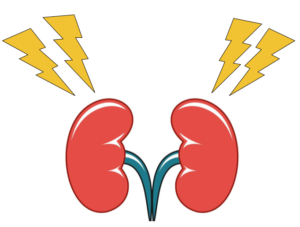
“Acute kidney injury”, or AKI, refers to an abrupt decline in kidney function due to a stressor that afflicts the kidney over a short period of time. Examples of these stressors include extreme dehydration, poisons, or sudden reductions in blood flow to the kidney (as might happen during a heart attack). Depending on the underlying cause, we can sometimes recover from AKI, or we can have lasting damage to our kidneys.
Chronic Kidney Disease
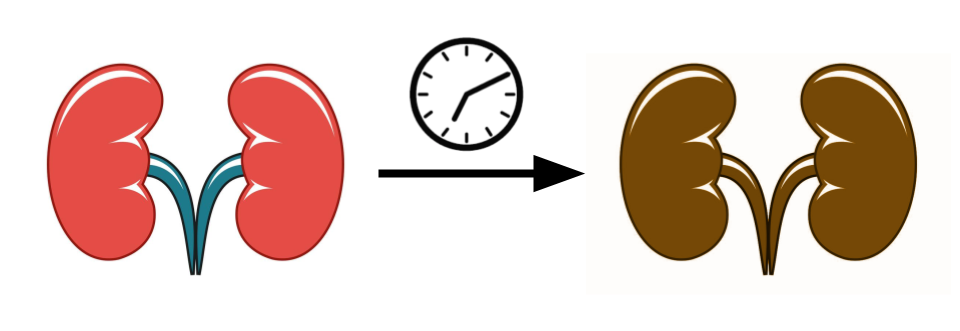
“Chronic kidney disease”, or CKD, refers to a gradual and often insidious decline in kidney function over a long period of time (typically years). The most common causes of CKD in the U.S. are poorly-controlled diabetes and high blood pressure. It is very common, and nearly 1 in 7 Americans have some degree of CKD according to the U.S. Renal Data System, which monitors CKD in the U.S.
Some of the classic symptoms of CKD include nausea, vomiting, irritability, difficulty keeping food down, trouble breathing, and chest pain.
Dialysis
“Dialysis” is a method of cleaning the blood when the kidneys are not working. People with advanced CKD (AKA end-stage renal disease or ESRD) need dialysis or a kidney transplant to survive. Two of the most common methods for dialysis are illustrated above (“hemodialysis” on left and “peritoneal dialysis” on right), and you can click on the pictures for more details.
For people with dialysis-dependent CKD in less affluent countries, CKD can be a death sentence.
Dr. Johnson kicks off this episode with a reflection on why he first became suspicious of the links between climate change and kidney disease. After studying the epidemic chronic kidney disease in agricultural workers and learning about increasing temperature extremes from global climate change, he saw a potential link between heat and kidney health.
Above: a young sugarcane worker in Central America who suffers from chronic kidney disease. Dr. Johnson suspected that the chronic kidney disease epidemic in Central America could be related to climate change when he learned that the number of extreme heat events is increasing at an alarming rate, even though global average temperature has only increased by about 1˚C (so far).
We wanted a deeper dive, so we asked Dr. Johnson to provide an overview of what might be driving this epidemic. Check out the figure below:
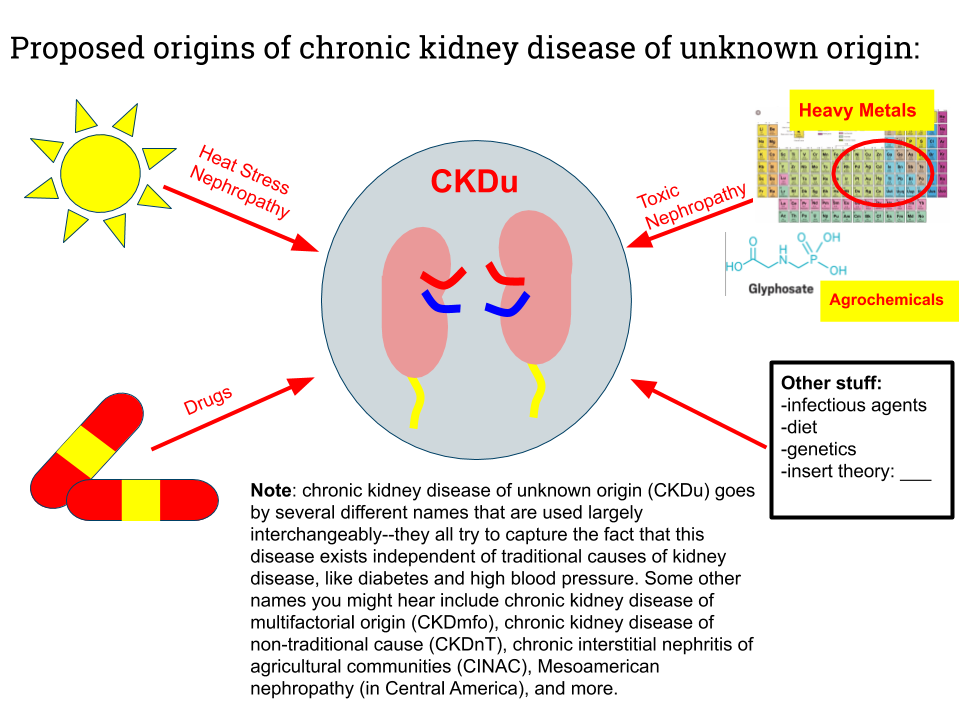
Dr. Johnson speaks at length about how extreme heat events might be inflicting repetitive injuries (AKI) to the kidneys of agricultural workers, and that these damages might accumulate over time and lead to CKD. This is what we refer to in the episode as “punctuated equilibrium”. The progression is described in more detail in the paper linked below.
This heat-related AKI in agricultural workers is also happening in the U.S.: two studies in California and Florida are linked in the shownotes.
It is important to remember, however, that there are several other theories behind this CKD epidemic in agricultural communities. For a more complete understanding, be sure to check out our previous episode with Dr. Lee Newman, as well as the recently-published review below (co-authored by Dr. Johnson and Dr. Newman).
In the final minutes of the episode, we hear some of Dr. Johnson’s ideas on how we can avert the worst consequences of climate change. This can be a tough subject to talk about, but Dr. Johnson left us with this:
I am an optimist… I think we should look at [climate change] like, ‘this is a puzzle, and we are going to solve it.’ And I think we can.Dr. Johnson
Shownotes
background readings and resources for the interested listener:


